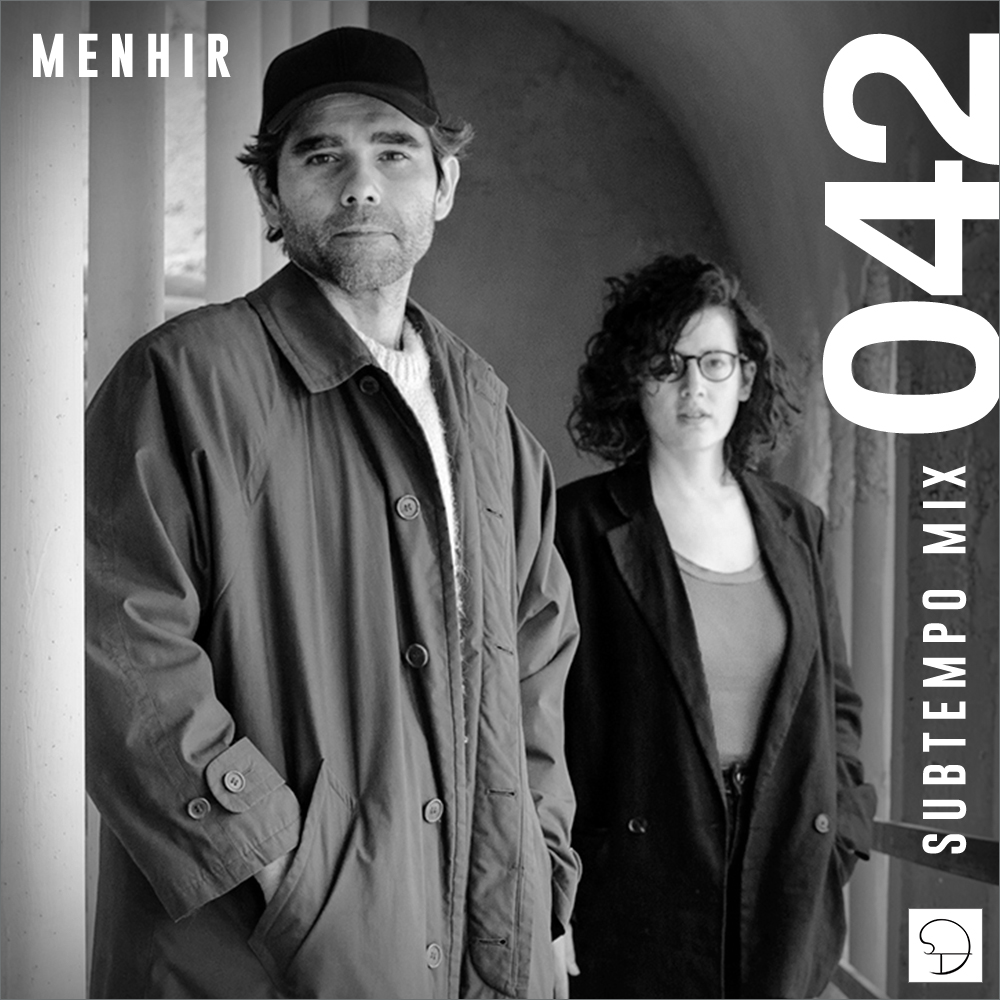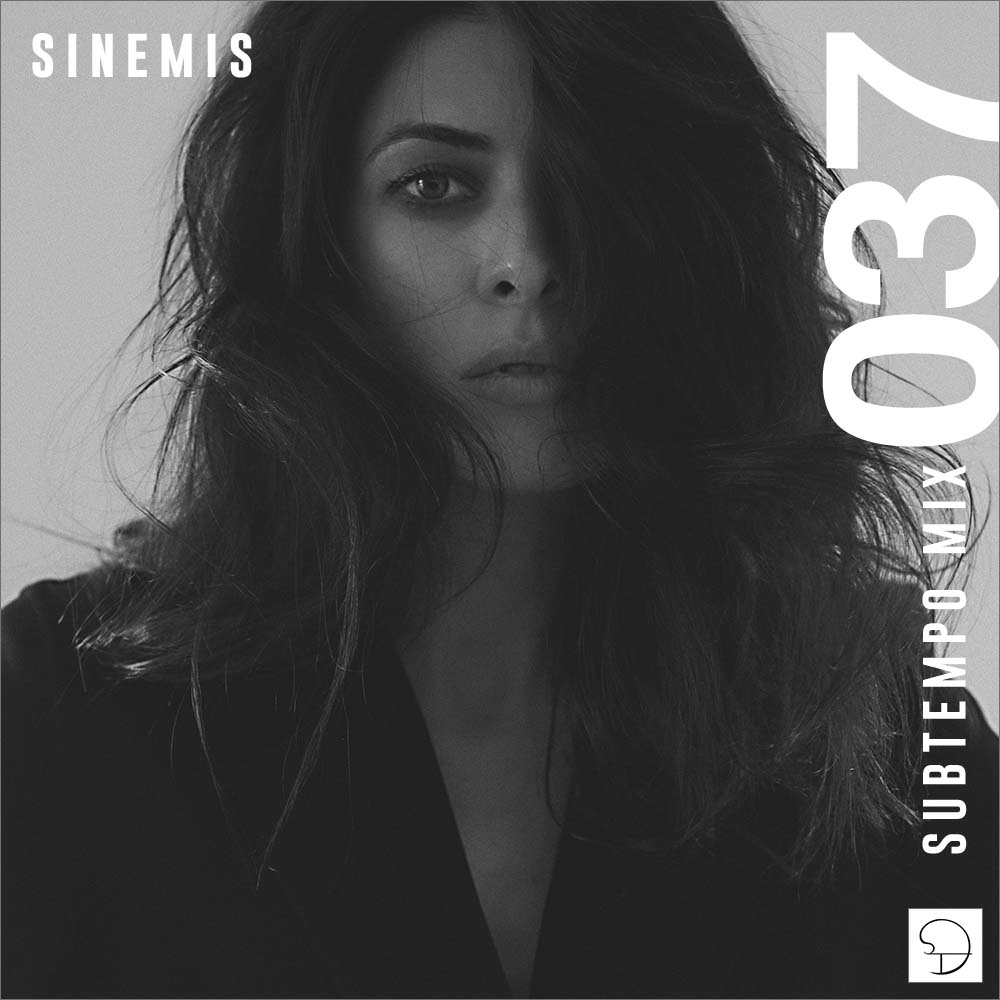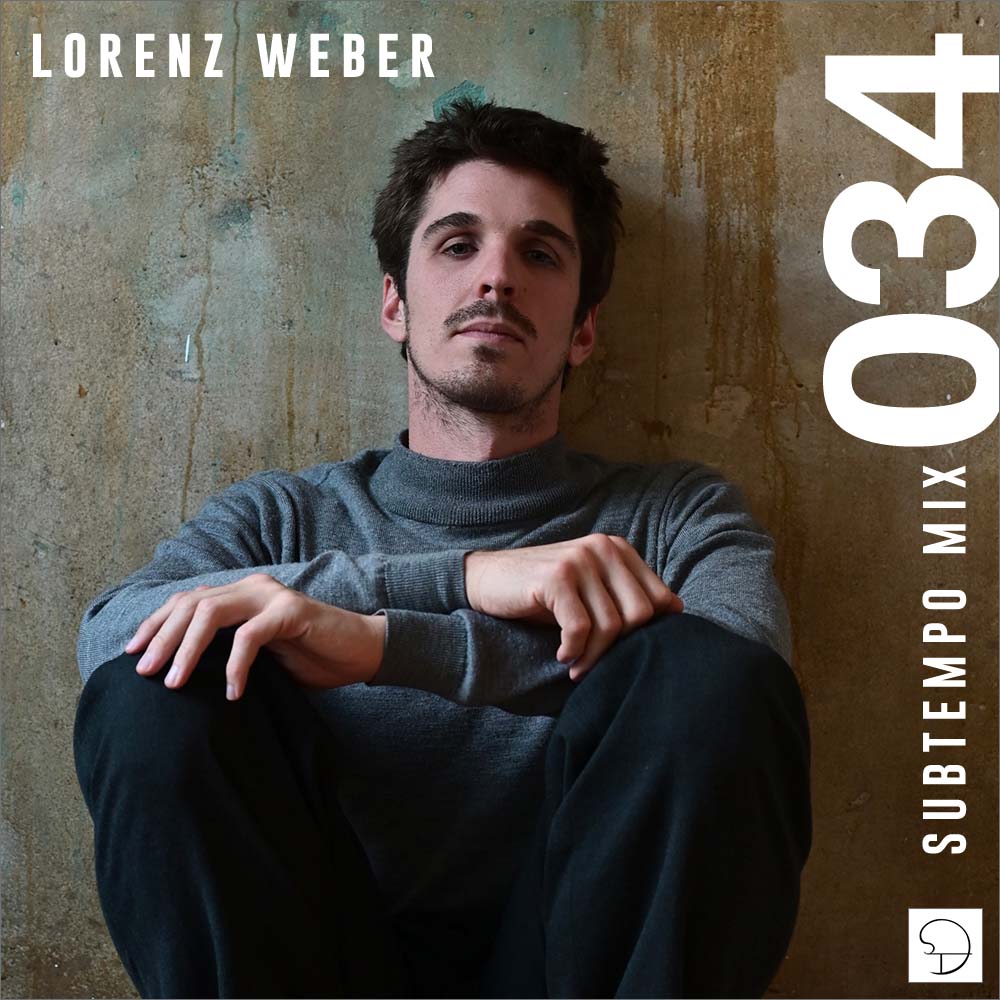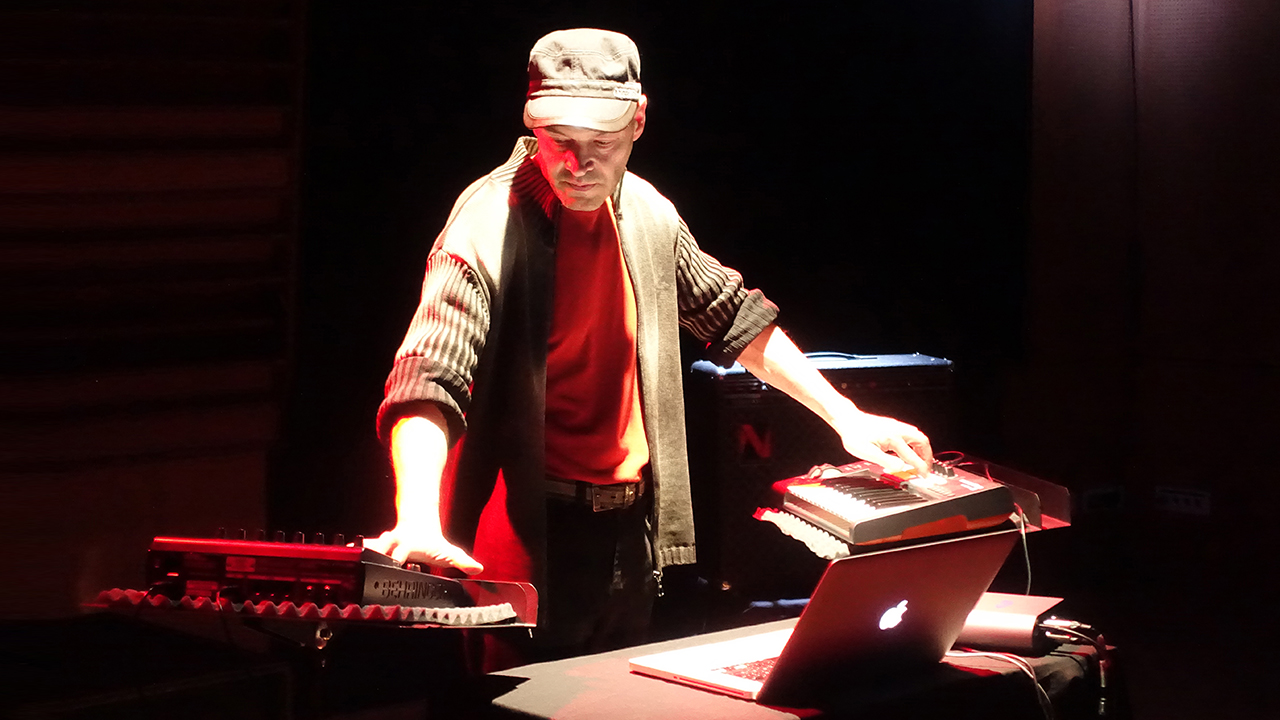
In conversation with Mario Verandi
We sat down with Berlin-based argentinian composer Mario Verandi to discuss his new music and creative process.
Hello Mario, welcome to the Subtempo blog, nice to have you here.
Many thanks for inviting me. It is a pleasure to talk about my music in Subtempo.
I wanted to start by asking you about ‘Remansum’, your latest album. Was there something specific you were searching for in this work?
This album is in some way special because it marks a turning point in my music production. During many years I had been producing electroacoustic music and sound installations. With “Remansum” I wanted to take a new direction in music compostition incorporating elements of classical music, ambient music and minimalism within a framework of experimental electronic sounds. What it came out, I think, is a personal combination or interpretation of these genres. The music on the album includes textures coming from my many years of electronic sound processing in electroacoustic music. One thing I had in mind was to include cello in some of the tracks. Here I was fortunate to collaborate with Sebastian Selke and Dina Bolschakova, two amazing cellists who contributed with their experience and sensitivity. In “Remansum” I returned to playing the piano and I enjoyed it very much. So, I could say that with “Remansum” I searched for new ways of expressing musical ideas and emotions.
Could you describe the music included in Remansum? What does “Remansum” mean?
I actually find it quite difficult to answer this question. In particular because I think my music does not fit into a clear music genre. The tracks on the album blend elements of ambient, modern classical and electronic music. In general terms the music conveys feelings of melancholy and mystery. But as always the best is to listen to the music yourself to interpret it and experience it in your own way.
The Latin word “Remansum” (backwater) suggests the action of stopping and remaining in a place. It alludes to both a place in a river where the waters come to a standstill and to an idyllic place where one enjoys a deep calm.
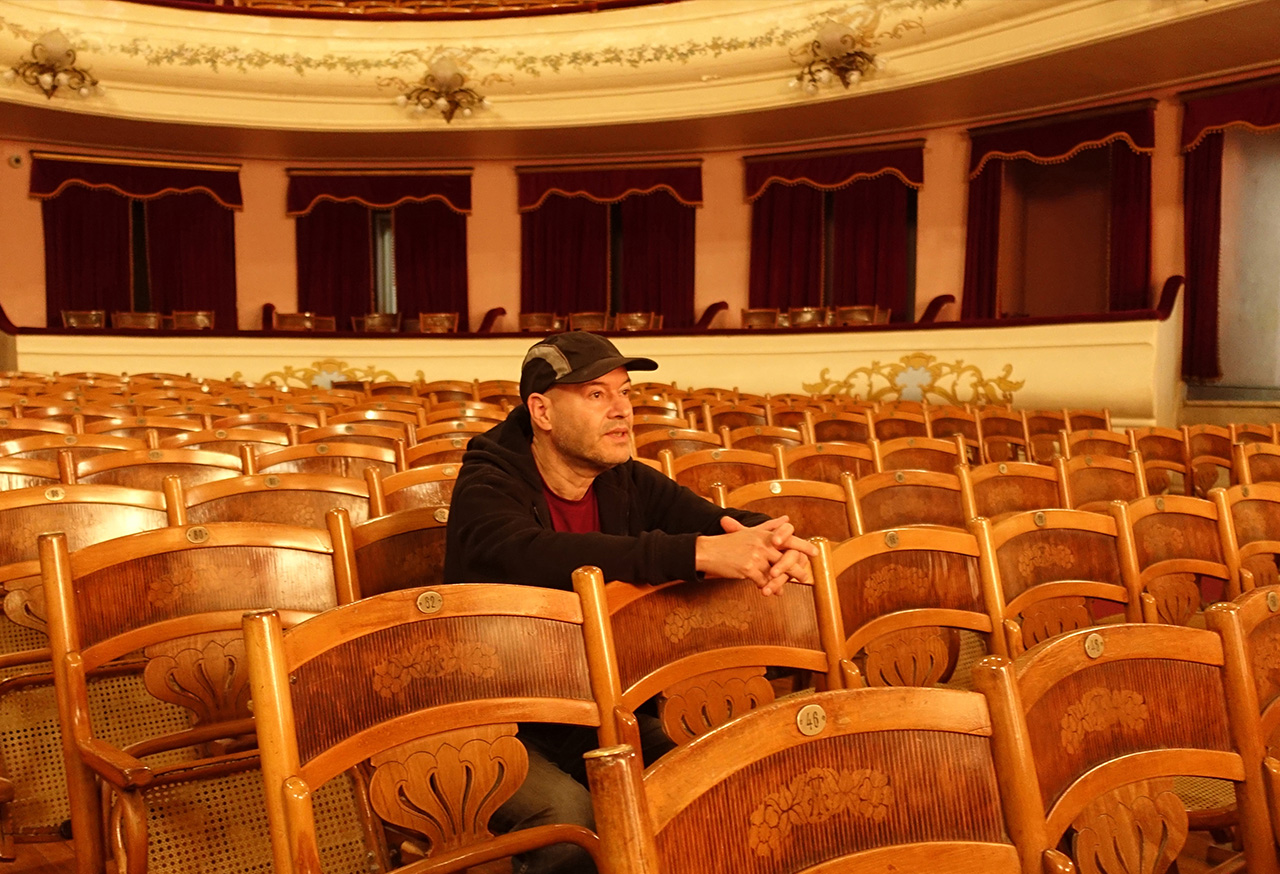 Photo by: Damian Verandi-Urban.
Photo by: Damian Verandi-Urban.
You released it in Time Released Sound - a label based an hour away from where I’m located, that I had no idea existed. How did that connection come about?
when I finished the nine tracks that I wanted to include in the album I started looking for a label that would be interested to release this kind of music. I did some research on possible labels and wrote to some of them. Some were interested but their release schedule was full for a year or more, others did not even answer and Colin Herrick from TRS (Time Released Sound) was very kind and interested in the music. With TRS I was offered the chance to release the album in a relatively short time. So, I finally reached a deal with TRS and feel happy about how the release came out. Worth mentioning is the beautiful art design and creative packing they do at TRS.
Prior to this release, your output consisted mainly of sound installations and music for dance and theater, correct?
Well, not quite, I certainly did a number of sound installation and some music for dance and theater. However there is also a big amount of electroacoustic music, also called acousmatic music pieces that I composed and were performed using multispeaker diffusion systems in several festivals. Actually a solo album with my electroacoustic compositions was released in 2001 by EMF (Electronic Music Foundation), a New York label directed by Joel Chadabe, an American composer known for his work in computer music. Many interesting records were released by this label that does not exist any more. Chadabe actually passed away last year. Some other electroacoustic music pieces were released in several compilation albums. The complete catalogue can be found on my website or on the discogs website. Actually my work in electroacoustic music spans more than fifteen years.
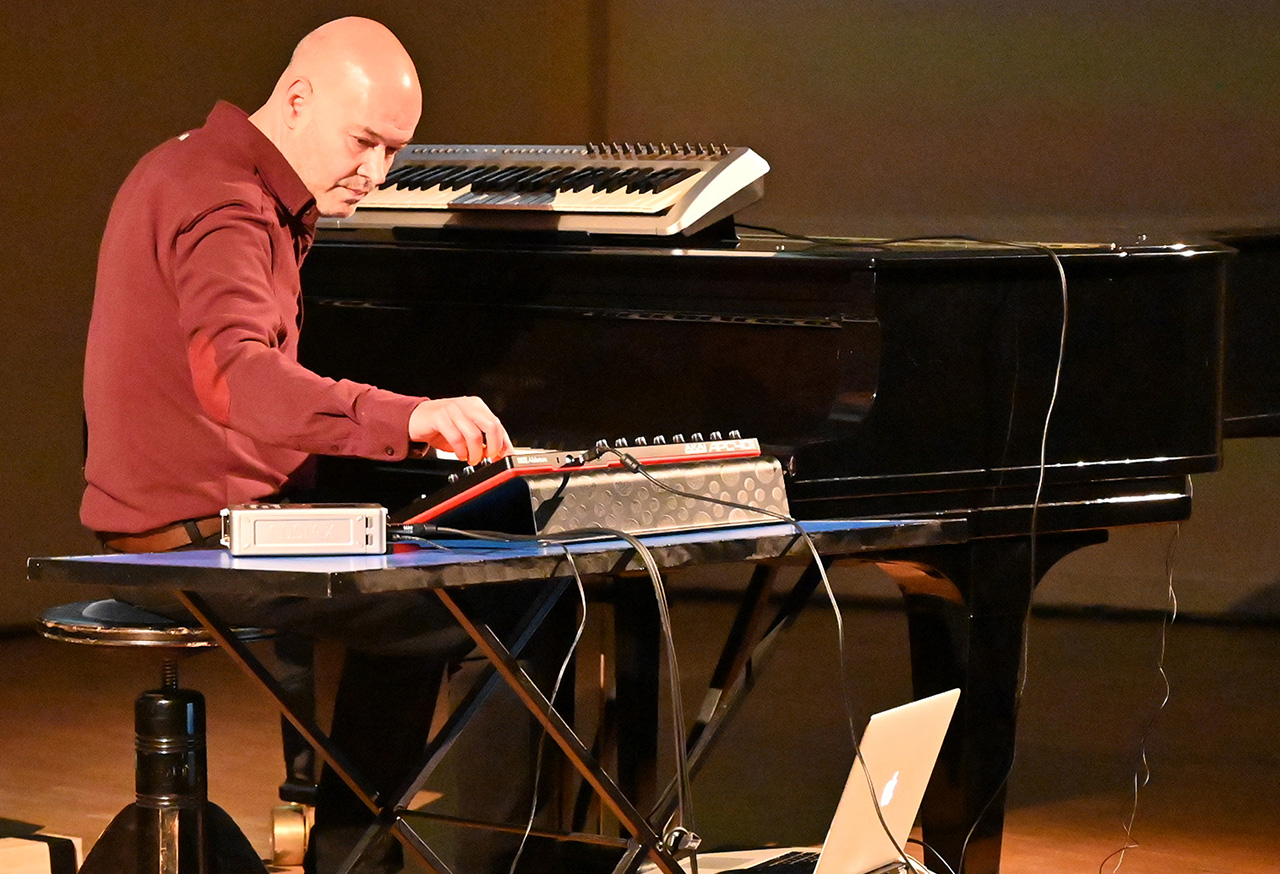 Photo by: Corinna Rosteck
Photo by: Corinna Rosteck
What prompted the change to the music you do now?
Well, the music I produce now had in fact always been somewhere in my mind and in my plans. I felt the need to return to more instrumental music based on harmonies and melodies. My previous electroacoustic works are rather experimental I would say. This genre has a reduced audience and in concerts there are usually no musicians on stage. I felt the need to go back to playing live and when possible with guest musicians. At the same time I was interested to reach to a wider audience although what I am doing is certainly not mainstream. In my present music there are clear traces of my past work in electroacoustic music, particularly by the use of manipulated sounds. But now these sounds are mostly part of a backgound texture and are no longer the foremost component of a piece. The music I am dong now combines my past experiences in experimental electronics with elements of more popular styles like classical, ambient and electronic music.
Do you find working for a specific purpose like an art piece or a theatrical performance different than creating music to be released as an album?
Yes, it definitely requires a different approach. I enjoy both activities although when I create music for an album I feel more free to let the music flow without external concerns. When I work with choreographers or visual artists I enjoy the interaccion and also the friction that comes up in the collaborative process. The feedback I receive from other artists can lead me to explore territories that otherwise would not have occurred to me.
Which creative muscle do you feel most comfortable flexing, collaborating with others, or solo?
Without doubt I love collaborating with musicians and artists. When the conditions allow it, I like to perform with one or two guest musicians and to incorporate video projections. I actually collaborate quite often with visual artists. Some of them created videoclips for my tracks. I particularly collaborated several times with Corinna Rosteck, a German visual artist who has a beautiful catalogue of photo, installation and video work.
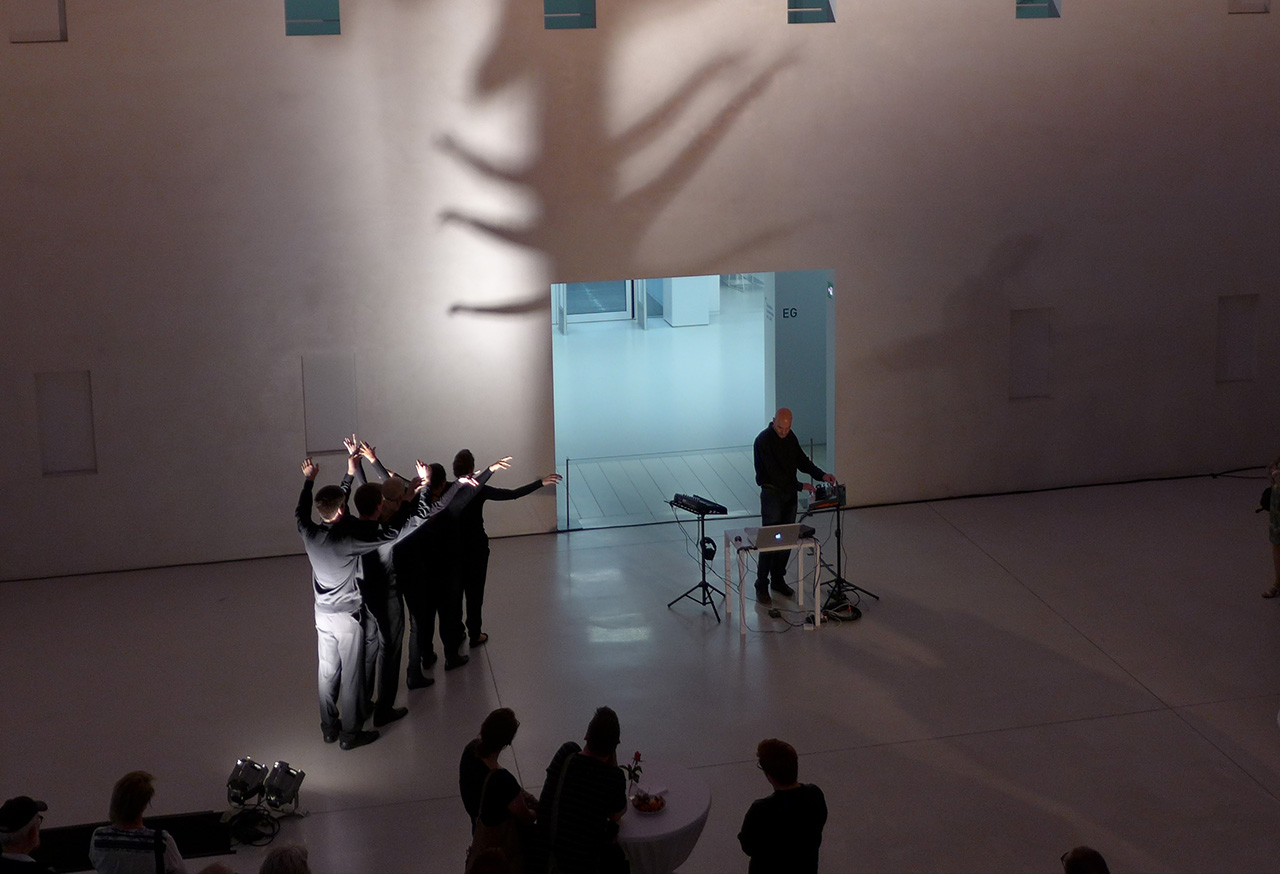 Mario frequently collaborates with performance artists and site-specific installations.
Mario frequently collaborates with performance artists and site-specific installations.
How long have you been composing music?
Oh well, I think I have always been composing music. I always had a tendency to, so to say, create my own mix of sounds. When I was 16 I started playing bass guitar in a rock band with schoolmates. We mainly played covers but also a few songs that I composed. Some years later, I released a solo album with my own pop songs. I also remember when I was around 20 and studied at a music school in Argentina. I had a great piano teacher. He used to get very angry with me because while I was playing a Bach piece I used to add my own melodic or harmonic variations in some parts of a piece. So to me, it is clear that somehow I always had the impulse to create my own stuff.
What are you main music influences?
I have actually listened to a very wide variety of music in my life and am always interested to listen to new stuff. From classical music to progressive rock, from world music to jazz. In terms of concrete influences it is hard to say, there are so many. But just to mention a very few: the music of Brian Eno and Harold Budd, the classic impressionism of composers like Satie and Debussy, jazz music of Charles Mignus, Hermeto Pascoal and Esbjörn Svensson, the electronic music of Murcof, Loscil and Carsten Nicolai and also Nils Frahm and Hania Rani.
You are formally trained in music, have taught in academia, and participated in many artistic residences. What do you feel the role of higher education is today for musicians and artists?
I think the role of education in general should be to open minds and let people's creativity flow naturally to find a personal voice. But in music and art, education only provides useful technical and theoretical tools. However, important components like imagination, sensitivity and creativity are things that most of the time you have to find and develop on your own. It is also clear that you can become an excellent artist without going through an institution. In music and art there are no defined rules or paths to follow. To me the most important quality that an artist should keep is the freedom to explore the path or the paths that one feels like at any given moment.
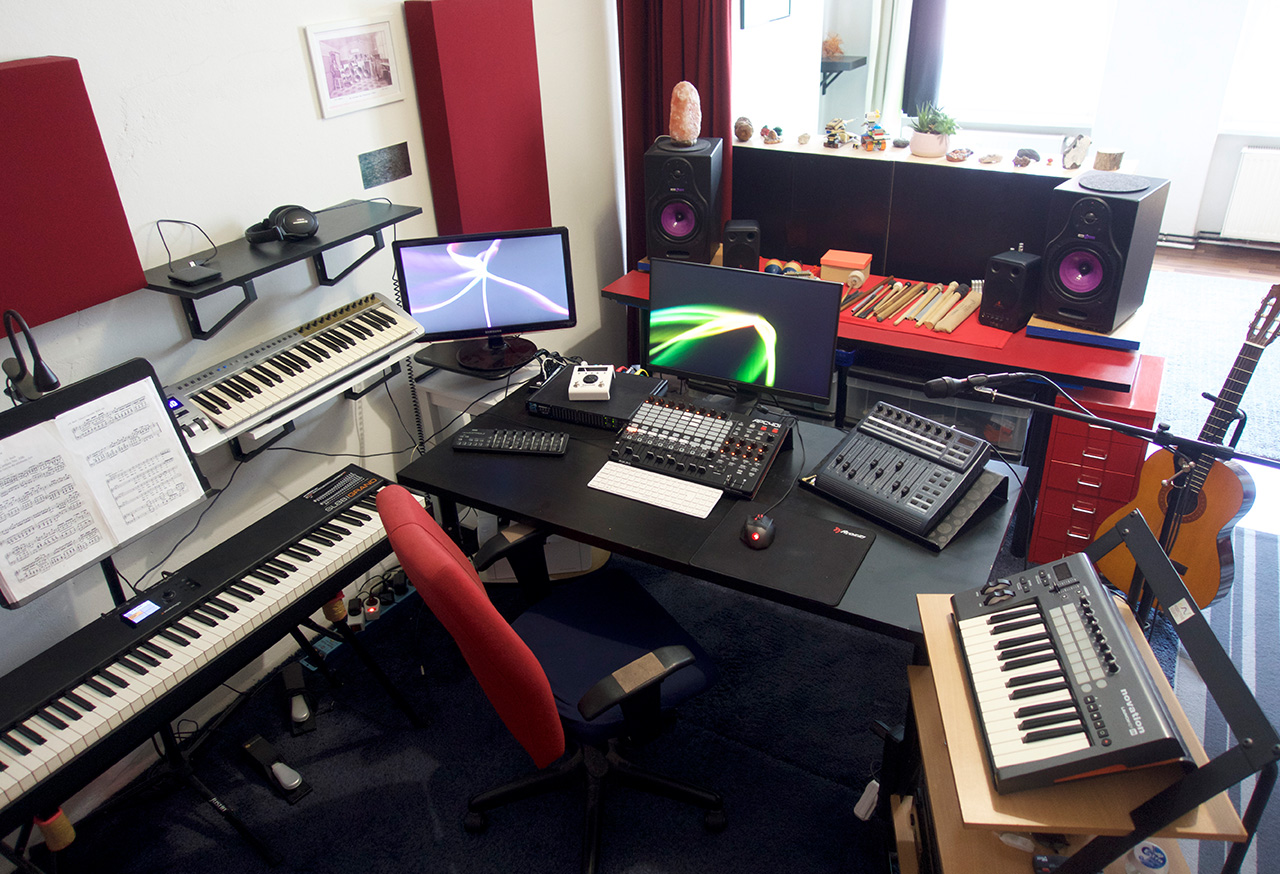 Mario's studio has gone through many iterations, here's his current set up.
Mario's studio has gone through many iterations, here's his current set up.
What is the role of technology in your music production?
One of my main interests is creating sounds that have a distinctive character that I have not heard before. In this respect, technology enables this search process for new timbres and textures. On the other hand, todays audio technology makes many things very easy to realise. And this can be fantastic but also deceptive. And that’s because it becomes easy to put together a collection of "impressive" sound effects without being aware that the core work remains how you organise these sounds in time to achieve some coherent music narrative.
And you are currently based in Berlin, correct?
Yes, I have been living in Berlin since mid-2001. Right after I finished my PhD in composition at the University of Birmingham, I received a scholarship from the Artist-in-Berlin residency program to spend a year in Berlin. My first year in the city was great in terms of my work as a composer and it was also an exciting experience in my personal life. After that year I received several commissions and I also started to like living in this city. In 2003 my son Damian was born and that finally consolidated Berlin as my city of residence.
It’s a buzzing city, full of opportunities for electronic musicians. How’s the Arts scene there? Are you finding spaces to showcase your work?
Berlin is definitely a great city for music and art. There are plenty of festivals and venues for different kinds of music. And there is, at least until now, a quite good support from the government for alternative music styles. And yes, there are spaces where I can show my work. Although as I mentioned before, my present music is hard to classify in a genre. It is not clearly experimental or classical or contemporary classical, it is not dance electronic and also not rock, pop or jazz. So sometimes it is not easy to fit it into genre-specific festivals. But anyway, Berlin is quite open and diverse so I always find ways to showcase my music. And of course I also find performance opportunities outside Berlin in other German and European cities.
What’s next for you? Anything we should keep an eye out for?
At the moment I am working on the tracks that will be part of my next album which I hope to get it released before end of next year. I am planning to have some guest musicians and that is quite exciting for me. I have all my energy devoted to my next album and I am enjoying the creative process. I am also exploring new production techniques and composition ideas.
Well, it’s been a pleasure getting to know you and your work a bit more.
I really appreciate this talk and hope it will awaken people's interest in getting to know my music.
Follow Mario Verandi
Instagram | Facebook | Youtube | Soundcloud | Spotify
More Links
